|
|
|
|
The Nigerian government has made funds available for the local production of vaccines. But is it enough to kickstart a moribund industry? Daniel Oladimeji Oluwayelu argues that this is unlikely as he unpacks the history of drug production in Nigeria and the substantial gaps the country would need to fill before any meaningful production could start.
Debates about compensating Black Americans for slavery began after the Civil War, with unfulfilled promises of “40 acres and a mule.” A century and a half later, some modern critics of reparations dismiss slavery as too long ago to merit recompense. Yet many products of enslaved people continue to play a role in the U.S. economy today. “American cities from Atlanta to New York City still use buildings, roads, ports and rail lines built by enslaved people,” write Penn State geographer Joshua Inwood and University of California, Berkeley urban planner Anna Livia Brand. Their work documenting this infrastructure demonstrates how slavery continues to generate wealth
today.
Interest in ivermectin, a highly effective drug primarily used to kill parasites in animals, has gone through the roof across the world following laboratory evidence that it has an active ingredient that acts against the COVID-19 virus. To sort out fact from fiction, Vinny Naidoo, Dean of the University of Pretoria’s Faculty of Veterinary Science, sets out the background to the drug, what the excitement is about and why a great deal of
caution is required. Listen to his fascinating account here.
|
Wale Fatade
Commissioning Editor: Nigeria
|

|
|
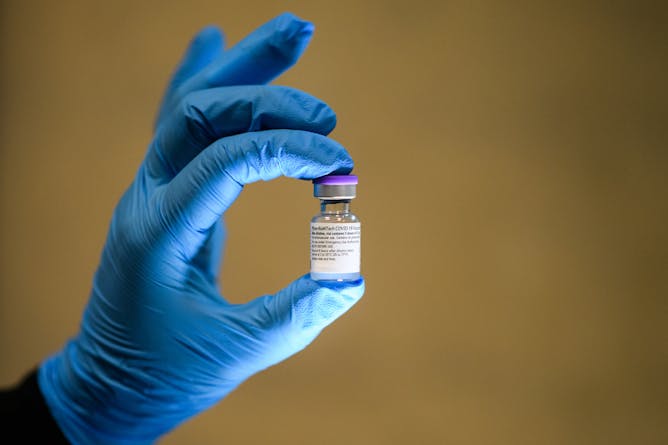
Nigeria can resuscitate its vaccine production laboratory with money recently released by its government for local production of COVID-19 vaccine.
Leon Neal/Getty Images
Daniel Oladimeji Oluwayelu, University of Ibadan
Giving money to support local production of COVID-19 vaccines is a step in the right direction if it will help in resuscitating Nigeria's vaccine production laboratory.
|
|
|

Joshua F.J. Inwood, Penn State; Anna Livia Brand, University of California, Berkeley
Geographers are documenting slave-built infrastructure, from railroads to ports, in use today. Such work could influence the reparations debate by showing how slavery still props up the US economy.
| |

Ozayr Patel, The Conversation
What’s all the excitement around ivermectin? Can it actually help treat COVID-19 patients?
|
|
|
Politics
|
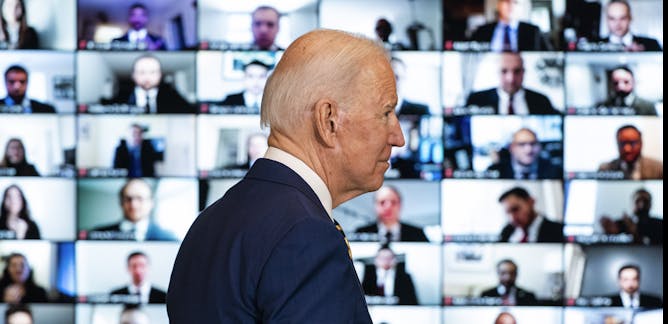
Michelle Bentley, Royal Holloway
There were messages for friend and foe alike, but Biden was strangely silent on Brexit.
| |
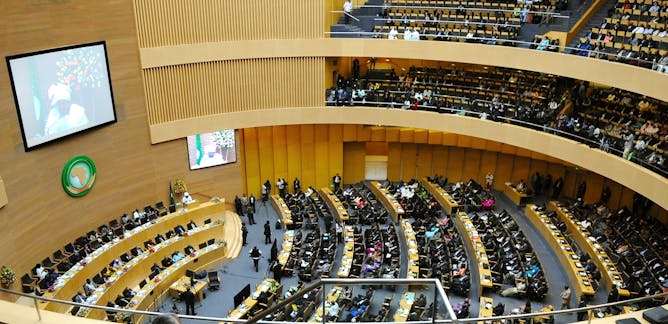
Linda Darkwa, University of Ghana
The election of commissioners is a key step in the reform process of the African Union Commission.
|
|
|
Science + Technology
|
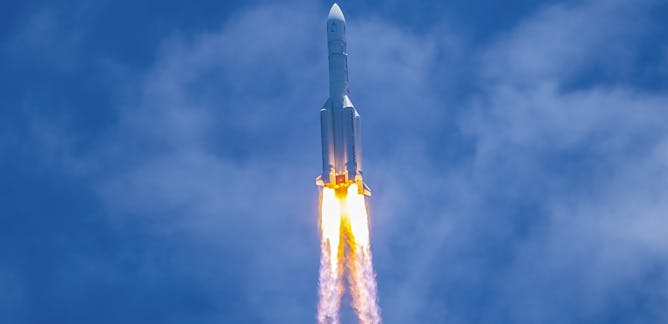
Daniel Brown, Nottingham Trent University
If China succeeds, it will be the first country ever to visit and land on Mars on its first try.
| |

Ciara McGrath, University of Strathclyde
Satellites impact our lives in many different ways, and some of these may surprise you.
|
|
|
En Français
|

Anne-Geneviève Marcelin, Sorbonne Université
La protection immunitaire diminue au cours du temps chez les professionnels de santé ayant fait une forme modérée de Covid-19.
| |

Jean-Christian Tisserand, Burgundy School of Business ; Jotham Jea Akaka, Universitat Jaume I; Nikos Georgantzis, Burgundy School of Business
La grande variété des méthodes de production et des équipements des fermes mais aussi les préférences personnelles des agriculteurs explique la frilosité du secteur envers cette technologie.
|
|
|
En español
|

Saturio Ramos, Universidad de Sevilla
Las causas de la emergencia climática y la covid-19 tienen elementos comunes y sus efectos son convergentes. Las decisiones deberían abordar ambas situaciones para preservar la salud global del planeta.
| |
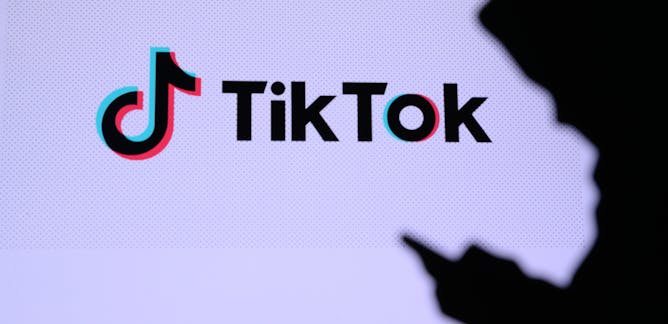
Laura Cuesta Cano, Universidad Camilo José Cela
El Día de Internet Segura es buen momento para alertar sobre los retos virales, especialmente los de la plataforma TikTok. Muchos de ellos se están convirtiendo en un peligro para los menores. La muerte de una niña en Italia ha hecho saltar las alarmas sobre los riesgos de una 'app' que utilizan millones de menores sin supervisión.
|
|
|
| |
| |
| |
| |
| |
| |
|
|
|
|
|
|
|